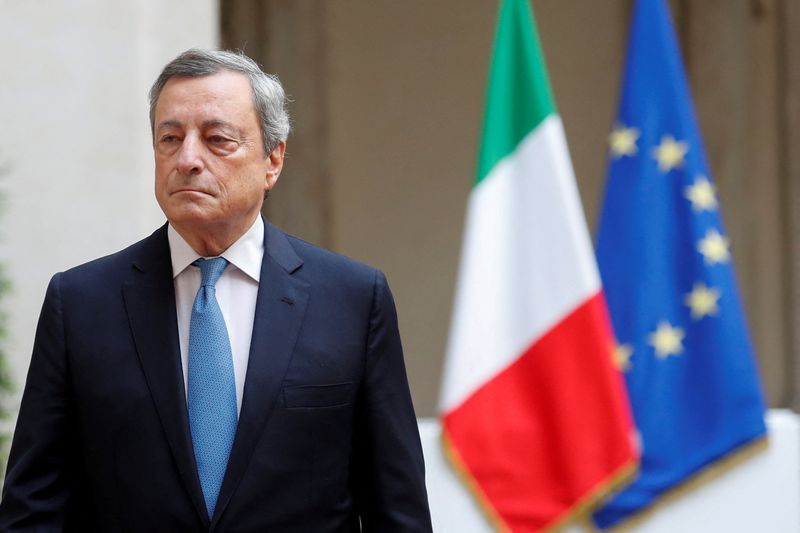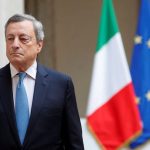BRUSSELS (Reuters) – The European Union needs far more coordinated industrial policy, more rapid decisions and massive investment if it wants to keep pace economically with rivals the United States and China, Mario Draghi said on Monday in a long awaited report.
The European Commission asked the former European Central Bank chief and Italian prime minister a year ago to write a report on how the EU should keep its greening and more digital economy competitive at a time of increased global friction.
In the opening section of a report set to run to some 400 pages, Draghi said the bloc needed additional investment of 750-800 billion euros ($829-884 billion) per year, up to 5% of GDP – far higher even than the 1-2% in the Marshall Plan for rebuilding Europe after World War Two.
EU countries had already responded to the new realities, Draghi’s report said, but their effectiveness was limited by a lack of coordination.
Differing levels of subsidies between countries was disturbing the single market, fragmentation limited the scale required to compete on a global level, and the EU’s decision-making process was complex and sluggish.
“It will require refocusing the work of the EU on the most pressing issues, ensuring efficient policy coordination behind common goals, and using existing governance procedures in a new way that allow member states who want to move faster to do so,” the report said.
EU growth had been persistently slower than that of the United States in the past two decades and China was rapidly catching up. Much of the gap was down to lower productivity.
Draghi’s report comes as doubts emerge over the economic model of Germany, once the EU’s motor after Volkswagen (ETR:VOWG_p) weighs its first ever plant closures there.
Draghi said the EU was struggling to cope with higher energy prices after losing access to cheap Russian gas and could no longer rely on open foreign markets.

The former central banker said the bloc needed to boost innovation and bring down energy prices while continuing to decarbonise and both reduce its dependencies on others, notably China for essential minerals, and increase defence investment.
($1 = 0.9051 euros)
To read the full article, Click Here

